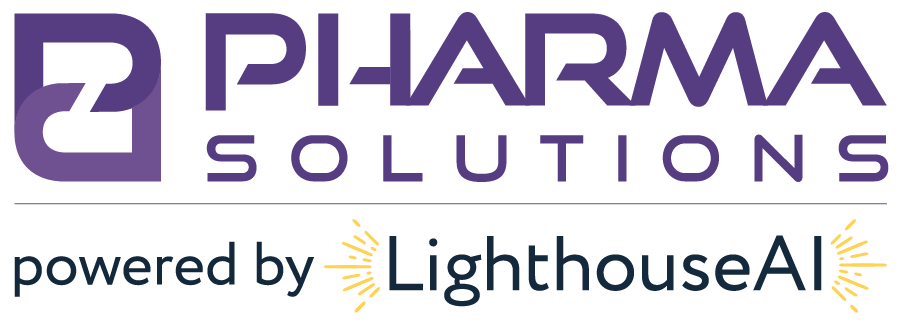2020 Update: Continuing Pressure on Drug Manufacturers
With the developments around COVID-19, the drug manufacturers that are working on a cure for the virus have been praised as (potential) saviors across the globe. This is a stark change to how they have regarded over the last few years – drug manufacturers have faced significant scrutiny due to a variety of issues including the opioid epidemic, generic price-fixing and price increases.
Drug Pricing
One of the favorite platforms for both Democrats and Republicans has been drug pricing – and there has been a lot of response around it.
Drug Transparency Laws
The passage and implementation of drug transparency laws started in about 2015. Since then, 12 states (California, Colorado, Connecticut, Louisiana, Maine, Maryland, Nevada, New York, Oregon, Texas, Vermont, and Washington) have officially adopted laws that are simply designed to discourage manufacturers from abusing price increases. Some state laws focus on reporting all drug increases while other state laws only identify certain drugs or types of drugs.
Please be forewarned – states are taking this very seriously. For example, Nevada levied $17.4 million of fines on manufacturers when they failed to explain price increase on their diabetic drugs in October 2019.
Unusual Competition
In a bid to lower drug pricing, drug manufacturers are facing new and unusual competition – including a group of hospitals, insurance companies and the State of California.
Civica Rx was formed in 2018 by a consortium of hospitals to directly contract with various drug manufacturers and bring a product to market in a more cost-effective and reliable way. The drugs will start becoming available to consumers in 2022. Earlier this year, a group of 18 Blue Cross and Blue Shield health insurers invested $55 million to establish a subsidiary of Civica Rx to widen “alternative” sourcing.
Civica Rx can serve as a model for California as well, or so thinks Governor Gavin Newsom. The Governor made statements in January about similarly creating a drug label for the State of California in an effort to help bring down prices.
Importation
Canadian importation has been an extremely controversial topic within the industry. On one hand, manufacturers and large wholesalers highlight that the security and integrity of the supply chain could be compromised, especially if there is an exemption from the DSCSA. The Healthcare Distribution Alliance (of which we are proud members!) released comments highlighting the following concerns for importation (read the full text here):
- “Multi-market approved products” (MMA) products must meet applicable DSCSA requirements;
- Drugs imported under this guidance are subject to applicable DSCSA-implementing final guidances and regulations, and that FDA will rigorously review any requests for waivers, exceptions, and exemptions for MMA drugs from DSCSA requirements
- The FDA considers of applicable legal requirements beyond those arising under the FD&C Act and implementing regulations
However, states are forging on. Colorado, Florida, and Vermont are the frontrunners in the space at present. Florida’s two-part program is the most tangible at present: (1) the Canadian Prescription Drug Importation Program will focus on the importation of drugs for programs such as Medicaid, the Department of Corrections and county health departments; and (2) the International Prescription Drug Importation Program will allow prescription drug importation from other countries in addition to Canada through the creation of two new permit types and a registration process.
Vermont has yet to submit its plan to the FDA and Colorado just finished its public comments window last week.
Price-Fixing
Many top generic companies have been embroiled in controversy regarding collusion activities that artificially increased drug pricing. On March 2, 2020, the DOJ announced that Sandoz agrees to pay a $195 million criminal penalty, the largest for a domestic antitrust case to settle charges for conspiring to allocate customers, rig bids, and fix prices for generic drugs. Earlier this year, a former Taro executive was indicted as a part of the DOJ’s ongoing efforts.
Opioid Epidemic
Opioid Litigation
Opioid litigation continues to crawl through the judicial system, with hopes of a “global” settlement all but dashed as parties cannot come to an agreement.
Drug Takeback Program
California, Maryland, Oregon, Nevada, New York Texas, and Washington have, or are in the process of, adopting a drug takeback program.
The “first-mover” in the space was the Pharmaceutical Product Stewardship Work Group (PPSWG), an association of major manufacturers of prescription and over-the-counter medicines formed to address drug takeback regulations. As complaints of cost abounded, Stericycle recently also stepped in with its “Pharmaceutical TakeBack Suite” as a competing service.
For assistance with any of these requirements, please reach out!




0 Comments